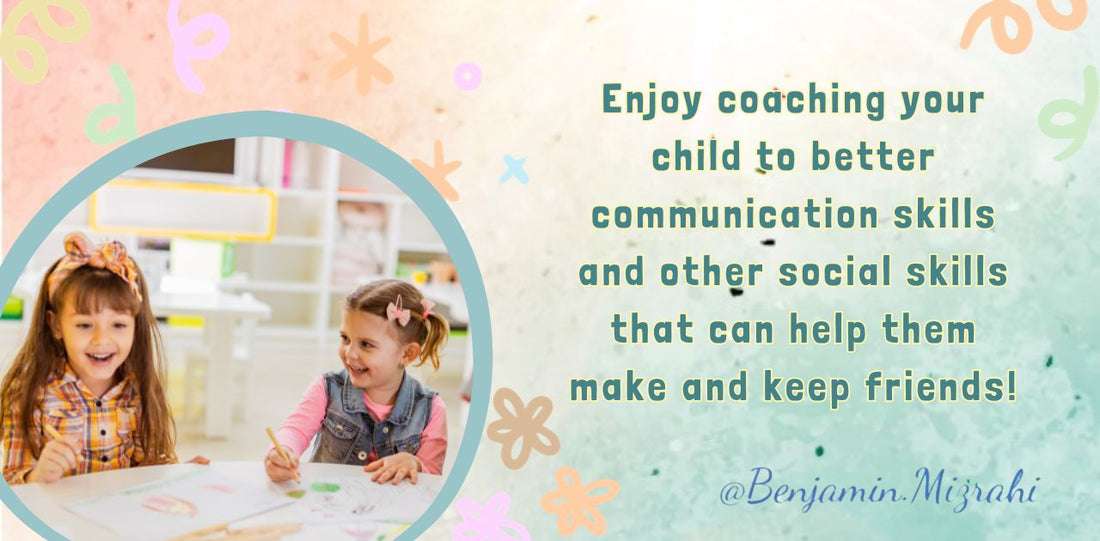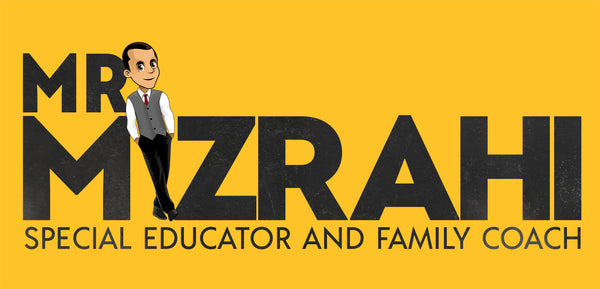
Help Your Child Make and Keep Friends
Share
Children with ADHD often have trouble making friends, but it turns out that parents can help. Learn why solo time with your child and planned playdates can help you take a more active role in how he makes new friends.
It’s common for children with attention deficit hyperactivity disorder (ADHD) to have trouble making friends. How can parents help?
Where do you start?
Start by listening. The more positive and trusting your relationship, the more likely it is that your child will accept your guidance. If he’s upset about a friendship problem, be empathetic. Give him a chance to express his feelings before saying what he should do differently next time.
Spend some time doing fun things together, just the two of you, without directing or criticizing his behavior. Building a relationship with your child pays off. Parents in my study groups have said that when they work on relationship-building at home, they see better behavior in their child’s peer relationships right away.
Look for the positive, even if it’s hard to find something to praise
For example, you see your child with another child, and almost everything she does seems wrong. She goes up and says, “Hi,” introduces herself, and says she wants to play. Then she treats the other kid as a play-slave, and says, “We’re going to do this. I go first. You stand here.”
There’s a lot to criticize. But you can praise what she did well: walking up and introducing herself in a friendly way. As for the rest, there may be 20 behaviors that you’d like to change but be selective. Pick the most important one or two-and be specific in what you say: “When you play a game, you get to move your pieces, but you have to let your friend move hers.”
Parents take a more active role in promoting friendships
You can help your child make better choices – for instance, a friend with the same interests who’s also a good personality match.
A great way to find the right playmates is to volunteer at your child’s school and for extracurricular activities. You see other kids, and you get to know other parents. It’s an opportunity to network and to suggest playdates.
Made playdates go more smoothly
Planning. Before the playdate, put away anything that might cause conflict, like a favorite toy that your child wouldn’t want other kids to touch. Plan enough activities so that you leave little or no unstructured time. If your child has repeatedly acted in a way that’s likely to cause trouble, caution him in advance about the most appropriate behavior. Be on hand with snacks or another distraction in case the kids start fighting – especially if you don’t know the other child well.
How closely should you supervise?
It depends largely on the age and on the child. You might want to be in the same room with a six-year-old, so you can head off a tantrum if you see it coming. For a 10-year-old, stay just within earshot and check in from time to time to see if the kid’s friends need your attention. If it’s too quiet, your child may have lost interest and may be ignoring her friend.
Whisper to your child if something’s wrong. If it’s the kind of behavior you discussed beforehand, a reminder may be enough. If it isn’t, or if the misbehavior is serious, talk to her in another room. Unless the situation is out of control, don’t cut the playdate short.
What do you do after the playdate’s over?
Debrief your child. Give him feedback, particularly on how he handled the behavior you focused on before the playdate. You might say, “It was really nice of you to congratulate your friend on winning the game, like we talked about.”
Use the experience in planning the next playdate. If you stay focused on improving trouble behaviors, you should see progress. It often happens that way in my study groups.
Coach Benjamin Mizrahi. Educator. Learning Specialist. Family Coach. Father. Husband.
More articles on Mr Mizrahi's Blog - Benjamin Mizrahi
